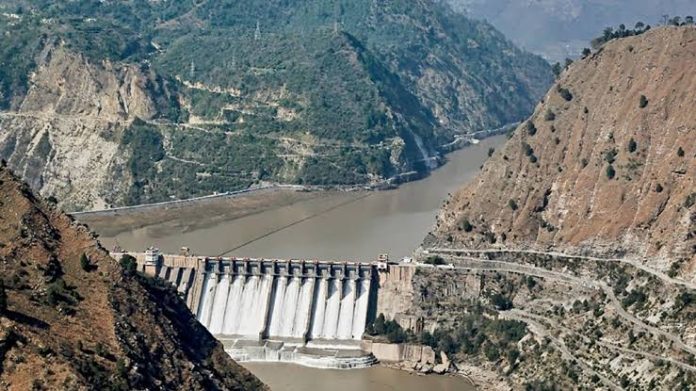India has stopped the flow of water from the Kishanganga Dam into the Neelum River, badly affecting thousands of people in Pakistan. These people depend on this water for farming, drinking, and daily life. This sudden move has made the already tense relationship between the two countries even worse.
The action follows India’s decision to suspend the Indus Waters Treaty, a historic agreement that managed water sharing between the two nations. Now, with this step, fears are growing that the situation may turn into a deeper crisis.
Experts believe using water as a political weapon is a violation of international laws and could harm peace in the region. Water is a basic human need, and cutting it off affects people’s health, food supply, and livelihoods.
Pakistan has strongly condemned India’s move. The government in Islamabad has said it will take all necessary steps to defend its rights and make sure its people get the water they need. Officials say this step by India shows an attempt to create instability in Pakistan by controlling its natural resources.
Many believe that international bodies should step in and stop this kind of action, which could lead to serious conflicts. The issue highlights the need for fair water-sharing agreements and peaceful solutions between neighboring countries.


